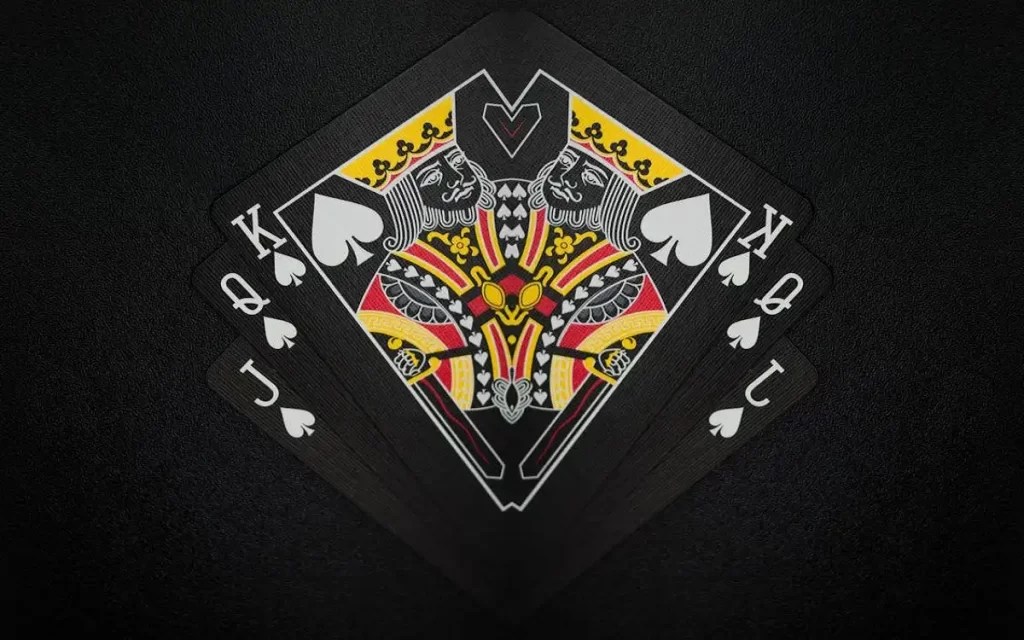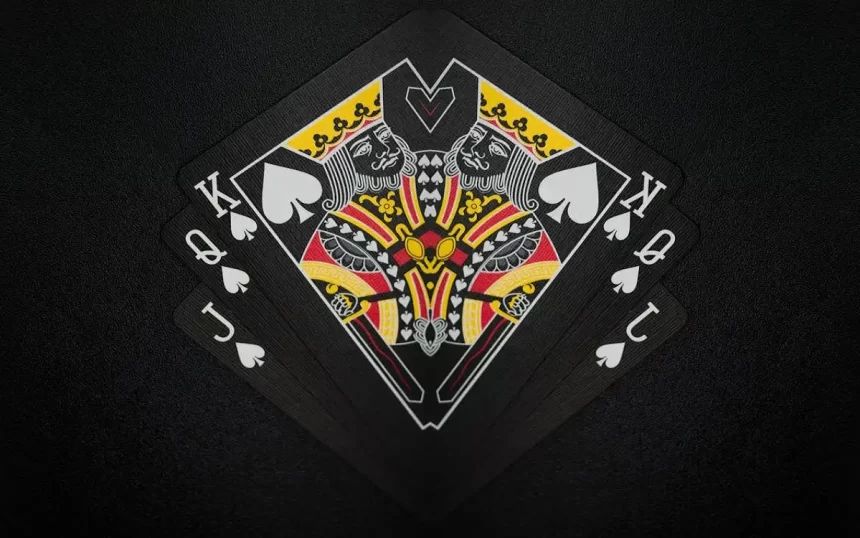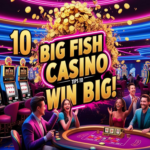Top 5 Poker Movies has long captivated audiences, not just as a game of chance and skill but as a rich backdrop for storytelling. The thrill of high stakes, the psychological battles, and the colorful characters involved make poker an ideal subject for film. In this article, we will explore the top five poker movies that have left a lasting impact on both film and poker culture.
Introduction
From the gritty underground games to glamorous high-stakes tournaments, Top 5 Poker Movies offer a unique lens through which to view human nature and ambition. This information is about the finest examples of poker cinema, highlighting their narratives, character development, and cultural significance.
Whether you are a poker enthusiast or a casual viewer, these films provide both entertainment and insight into the world of gambling.
The Top 5 Poker Movies

1. Rounders (1998)
Overview: Often hailed as the quintessential poker film, Rounders stars Matt Damon as Mike McDermott, a law student drawn back into the underground poker scene to help his friend Worm (Edward Norton) pay off loan sharks.
Key Points:
- Authentic Representation: The film captures the gritty reality of underground poker, showcasing both strategy and psychological tension.
- Character Dynamics: The relationship between Mike and Worm explores themes of loyalty and risk-taking.
- Cultural Impact: Rounders contributed significantly to the “poker boom” in the early 2000s, inspiring many to take up the game.
2. The Cincinnati Kid (1965)
Overview: This classic features Steve McQueen as Eric “The Kid” Stoner, who seeks to prove himself against seasoned champion Lancey Howard (Edward G. Robinson).
Key Points:
- Character-Driven Narrative: Focuses on ambition and integrity rather than flashy gameplay.
- Emotional Stakes: The film emphasizes personal dilemmas faced by its characters.
- Cinematography: Captures the atmosphere of 1960s New Orleans effectively.
3. Casino Royale (2006)
Overview: While primarily an action film, Casino Royale features a pivotal high-stakes poker game between James Bond (Daniel Craig) and villain Le Chiffre (Mads Mikkelsen).
Key Points:
- Rebooting Bond: Introduced a more vulnerable version of Bond, resonating with contemporary audiences.
- Compelling Storyline: Blends espionage with high-stakes gambling.
- Visual Spectacle: Notable for its stunning cinematography and action sequences.
4. Deal (2008)
Overview: This film follows young poker player Alex (Bret Harrison), mentored by retired pro-Bill (Burt Reynolds), culminating in their participation in the World Poker Tour.
Key Points:
- Mentorship Themes: Highlights the learning curve within competitive poker.
- Cameo Appearances: Features real-life poker players in supporting roles.
- Competitive Nature: Captures the dynamics of professional poker tournaments.
5. Maverick (1994)
Overview: A blend of comedy and adventure, Maverick stars Mel Gibson as Bret Maverick, a charming gambler trying to raise funds for a high-stakes tournament.
Key Points:
- Humorous Take on Gambling: Balances comedic elements with thrilling gambling sequences.
- Engaging Characters: Offers a light-hearted perspective on poker culture.
- Broad Appeal: Accessible to both poker fans and general audiences.
Comparison Table of Top Poker Movies
| Movie Title | Year | Main Actor(s) | Key Themes | Cultural Impact |
| Rounders | 1998 | Matt Damon, Edward Norton | Loyalty, Risk-Taking | Sparked “Poker Boom” |
| The Cincinnati Kid | 1965 | Steve McQueen | Ambition, Integrity | Classic Status |
| Casino Royale | 2006 | Daniel Craig | Espionage, High-Stakes Gambling | Revitalized Bond Franchise |
| Deal | 2008 | Bret Harrison, Burt Reynolds | Mentorship, Competition | Insight into Professional Poker |
| Maverick | 1994 | Mel Gibson | Comedy, Adventure | Broad Audience Appeal |
Why Rounders is Iconic
Rounders stand out for several reasons:
- Authenticity: It offers a realistic portrayal of poker culture with accurate terminology and strategies.
- Character Development: The film’s exploration of Mike’s internal conflict between passion and responsibility resonates deeply with viewers.
- Cult Following: Although not an immediate box office hit, it gained popularity over time, influencing many to engage with poker.
Comparing Classic vs. Modern Poker Films
The evolution from classic films like The Cincinnati Kid to modern entries such as Molly’s Game reflects changing audience expectations:

Themes and Character Development
| Aspect | Classic Films | Modern Films |
| Focus | Character interactions | Fast-paced action |
| Emotional Depth | High emotional stakes | Blend of personal struggles with broader themes |
Cinematic Techniques
Classic films often utilize straightforward storytelling techniques while modern films employ dynamic editing and visual effects:
| Aspect | Classic Films | Modern Films |
| Visual Style | Realistic portrayal | Dramatic camera angles |
| Editing | Simple cuts | Quick cuts for excitement |
Finally
The world of Top 5 Poker Movies offers a fascinating glimpse into human nature’s complexities through the lens of gambling. From the gritty realism of Rounders to the glamorous stakes of Casino Royale, each film provides unique insights into character motivations and societal reflections.
As audiences continue to engage with these narratives, it is clear that poker movies are not just about cards; they are about life’s high stakes—risking it all for ambition, loyalty, or simply the thrill of the game. Whether you’re a seasoned player or new to the game, these films are essential viewing that capture the essence of what makes poker so compelling.
For More Updates Visit Web Player Day Official Page











